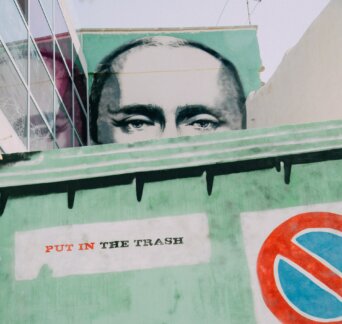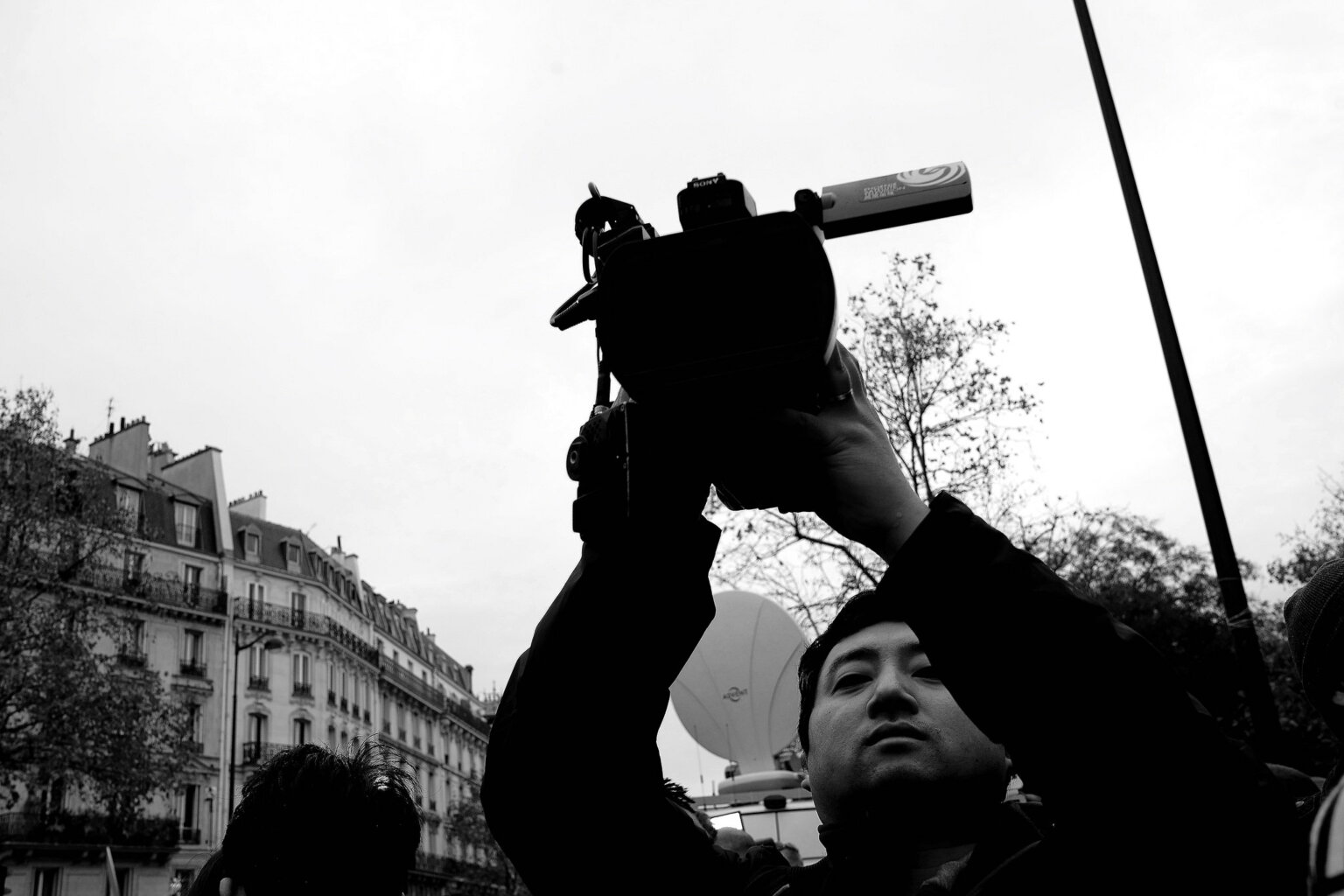- About
- Topics
- Picks
- Audio
- Story
- In-Depth
- Opinion
- News
- Donate
- Signup for our newsletterOur Editors' Best Picks.Send
Read, Debate: Engage.
| topic: | Freedom of Expression |
|---|---|
| located: | Russia |
| editor: | Andrew Getto |
In a stand-up comedy routine which garnered 1.5 million views, Russian indie comedy star Idrak Mirzalizade joked : “my name is Idrak, I’m a Talysh by ethnicity, and a Shiite by religion. Everything that defines me gets underlined red in Word. It’s like I’m not even supposed to be.” Mirzalizade could hardly have expected that what he said three years ago would turn out to be a prophecy.
The Azerbaijan-born member of a small Iranian ethnic group grew up in Belarus and moved to Moscow to perform comedy. In the capital of the former metropolis, he found a group of like-minded people who grew up watching George Carlin, Bill Hicks and Louis CK and not TV-friendly Russian comedians from the 2000s who wouldn’t dare bring up real issues or risk offending someone powerful.
Together, they formed ‘Stand-up Club #1’, and within a few years garnered a cult following among Russian millennials. At last, Russian stand-up comedy was not a cringe-worthy homegrown alternative to big western stars.
These young artists knew no limits. “Well, Putin, who are we gonna kill tonight?,” comedian Alexandr Dolgopolov stated, parroting the Russian president’s rumored gymnast girlfriend. For any Russian TV executive insane enough to air this, suicide would be a reasonable decision. For guys from the Stand-up Club, this was the benchmark; but recently, this benchmark has shifted.
In March, the club’s YouTube channel released a video, where Mirzalizade reflected on his experience of renting an apartment in Moscow, which was always difficult for him since every other post on rental websites warns “non-Slavic people” to not even bother calling. The comedian shared his strategy: “I try to say as many words as possible by the phone before saying my name, so that the agent realizes I don’t have an accent. Because if I say my name first, he will surely add an accent in his mind.”
Mirzalizade went on to recall that in one of his previous rented apartments, he found a mattress apparently stained with human feces. “The previous renters were Russian. So, I figure, Russians cover themselves with sh*t before going to sleep.”
This was hardly the most outrageous joke to come from the club’s stage. Yet, the backlash was tough. In June, hardline pro-government media called for the deportation of the comedian for making fun of the nation that had welcomed him. He received thousands of threats online and was even beaten on the street. In August, the comedian was sentenced to 10 days of jail for “humiliating a group of people on the basis of their ethnicity.” Shortly after, the Interior Ministry declared Mirzalizade persona non grata, bypassing the court, and forced him to flee the country.
This example showcases a paradox: openly discriminating against renters who don’t look Aryan enough is a common practice; yet, making a joke about the Chechan people, or the Chechen leader Ramzan Kadyrov in particular, is reason for persecution. Those who have criticised him in the past have faced disturbing threats offline and have had to film and share an apology to protect themselves. The irony is especially pungent now that anti-immigrant sentiment is popular before the upcoming election. But this contradiction is non-existent for law enforcement because, in modern Russia, certain individuals and groups are untouchable. As a famous saying goes: “the law is for your enemies.”
In addition to Mr. Kadyrov, Igot Sechin tops the list of untouchables. He came into prominence by dragging Vladimir Putin’s suitcase in the 2000’s and currently leads Rosneft - which holds a monopoly on oil - and has a free pass to do whatever he wants. In the face of scrutiny, he very often gets offended, mostly due to investigations into the incomprehensible scale and sources of his wealth. Offending Mr. Sechin is a costly business, as numerous independent media outlets, sued by Sechin for huge damages, have discovered. Yet Mr. Mirzalizade was unaware before criticising him.
“He’s a leech, to blame for everything that’s wrong with Russia.” Mirzalizade began in one of the Stand-up Club’s podcasts. “Have you seen his face? Just look at that face of his, I recently thought that Sechin’s face is something you could protest with to scare off the police.”
Is this costly criticism the real reason for his exile, as many journalists suggest? It’s hard to say. However, this podcast has mysteriously disappeared from the web. What I know for sure is that I’d like to live in a country where you can make fun of anyone.
Photo by Don Fontijn

